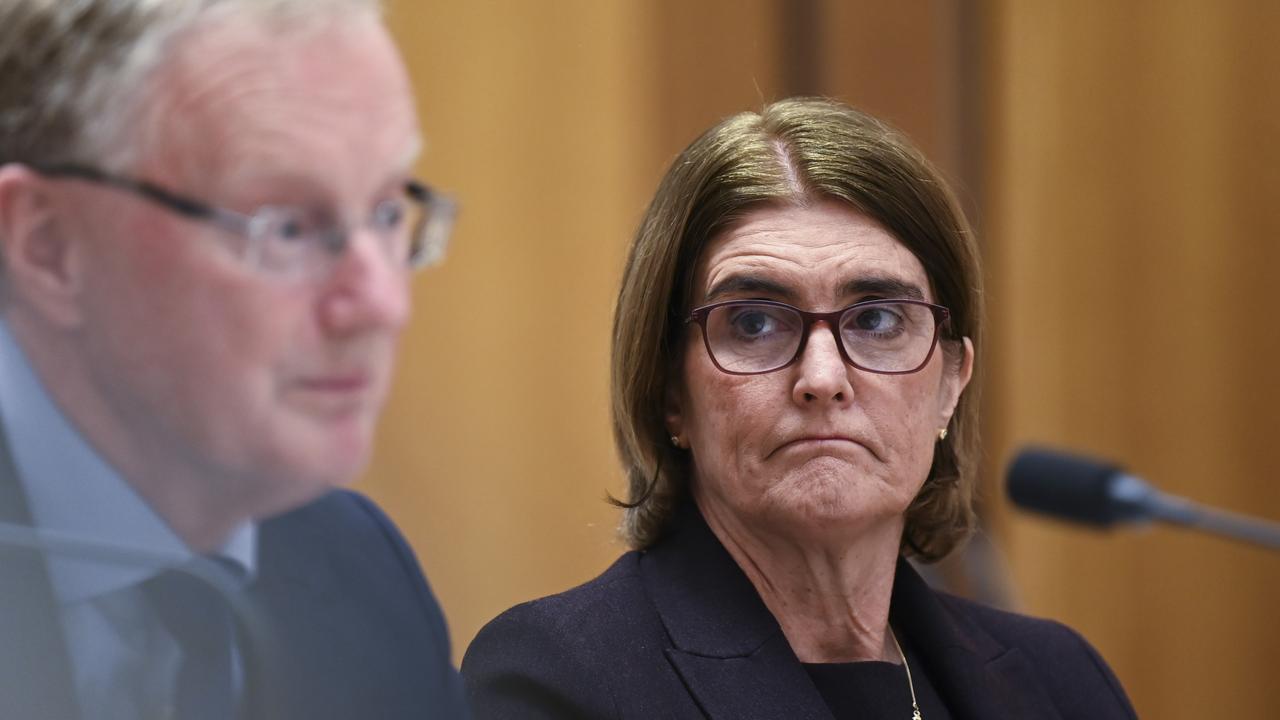The premature closure of coal-fired power stations risks a surge in already soaring energy prices, the incoming head of the Reserve Bank has warned.
In her last speech as Reserve Bank deputy governor, Michele Bullock cautioned there was “much uncertainty” associated with transition to net-zero, and that a failure to invest in replacement energy generation would pose a major risk to the nation’s economy.
“Looking forward, coal plant closures may be delayed to ensure electricity generation is sufficient to meet demand,” Ms Bullock said.
“Coal-fired power plants are scheduled to be shut down over the next three decades.
“This could put upward pressure on energy prices if coal plant closures are not matched by renewables supply and storage.”
The Albanese government has legislated an emissions reduction target of 43 per cent by 2030 and committed to increasing the proportion of renewable generation to 82 per cent.
But amid ongoing delays to the construction of transmission infrastructure, energy authorities have begun to question whether extending the lifetime of ageing coal fired infrastructure may be necessary to stop power prices from climbing even higher.
Currently, households and small businesses are facing relentless power price pain with the Australian Energy Market Operator confirming in late July that wholesale electricity costs had surged 31 per cent in the three months to June.
The NSW government is now facing calls to extend the lifetime of the Eraring coal-fired power station beyond 2025.
The confidential findings of a review, commissioned by the state government and subsequently leaked, recommended the Eraring power station remain open beyond 2025 to ensure adequate energy supply to the state.
In April, the Liddell plant in the NSW Hunter Valley closed. Subsequently, the Australian Energy Regulator found that “prices would have been lower” had its output continued to be available.
However, Ms Bullock cautioned that maintaining existing coal-fired power generation capacity also brought additional challenges.
“This comes with other risks … coal plants may be more prone to outages as the infrastructure ages.
A prolonged reliance on coal-power would make it more difficult for Australia to meet its international climate targets, Ms Bullock also warned.
“Slower coal plant closures would require more rapid reductions in emissions in other sectors to meet national emissions targets,” she added.
Ms Bullock will take the reins as Australia’s top central banker in mid-September after outgoing governor Philip Lowe finishes his seven-year term.
